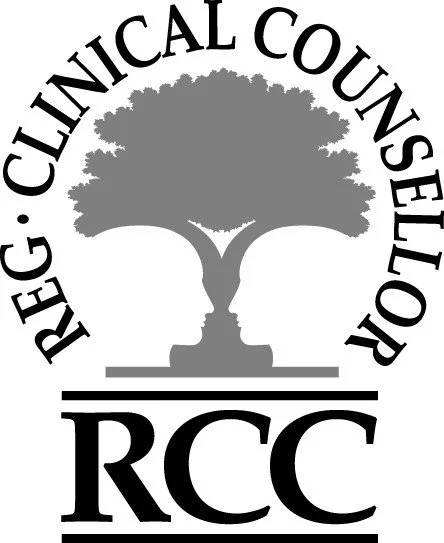Meet Amanda (she/hers)
Clients have described me as ‘stubbornly compassionate’ - it’s really hard to shock me, and I think even the things that bring us the most shame start to make sense when we approach them with a tiny bit of curiosity. I try to balance this warmth with accountability and practicality, and will also offer you more information and strategies to manage your challenging feelings. I like being able to translate the research and theories into something that makes sense (no one needs the jargon), and showing people who are skeptical about counselling that a different life is possible for them too.
I also want you to know that I’m a real person, and not just a neutral-seeming professional nodding silently as you share your struggles. I’ve always connected to the idea of you and I as ‘fellow travelers’ - although I have a lot of training and know what I’m doing as a therapist, I’m also a human and know what it’s like to struggle. While we need to learn to be with these difficult parts of our experiences, counselling doesn’t always have to feel heavy and hard. I really value humour and we’ll almost certainly laugh together sometimes too.
In counselling, we’re on the same team and working collaboratively to sort things out together - I’m right in there with you. I also regularly check in about how our work is going, so we can make any shifts together to make sure counselling feels safe enough, is helpful, and is meeting your needs.
I help people get to know themselves through a compassionate and curious lens so they can navigate challenging emotions, feel more connected in relationships, learn to value and care for themselves, and feel more satisfied in their lives.
My approach is sex-positive as well as LGBTQ2S+, kink-, and poly-friendly. It’s also shaped by an intersectional feminism & anti-oppression lens. We can’t ignore that who you are - your gender, race, class, and experiences of disability, among many other parts of your identity - is a big part of your experiences as you navigate relationships, work, your community, and the larger world. This also shows up in our work together, and it’s important that I also acknowledge my own intersecting identities as a heterosexual, cisgender white woman from a working class background with lived experiences of disability and trauma.
I began my work in this field in 2011 as an on-call clinical support to crisis line call-takers. Since then I’ve done addictions counselling; offered counselling, case management, and outreach to youth experiencing homelessness; supervised outreach workers; taught addictions and mental health workshops; and provided counselling and consultation in private practice. What I’ve learned more than anything is we all share some version of the same struggles, and we all deserve care (even if we don’t believe it).
When I step away from the computer, you’re most likely to find me going for a long walk, playing games like DnD with friends, reading (or just adding books to my infinite to-read pile), taking care of a houseful of plants, or knitting someone a sweater.
Primary Areas of Practice
Trauma & Complex Trauma
Anxiety
Relationships
Shame & Self Esteem
Dissociation
